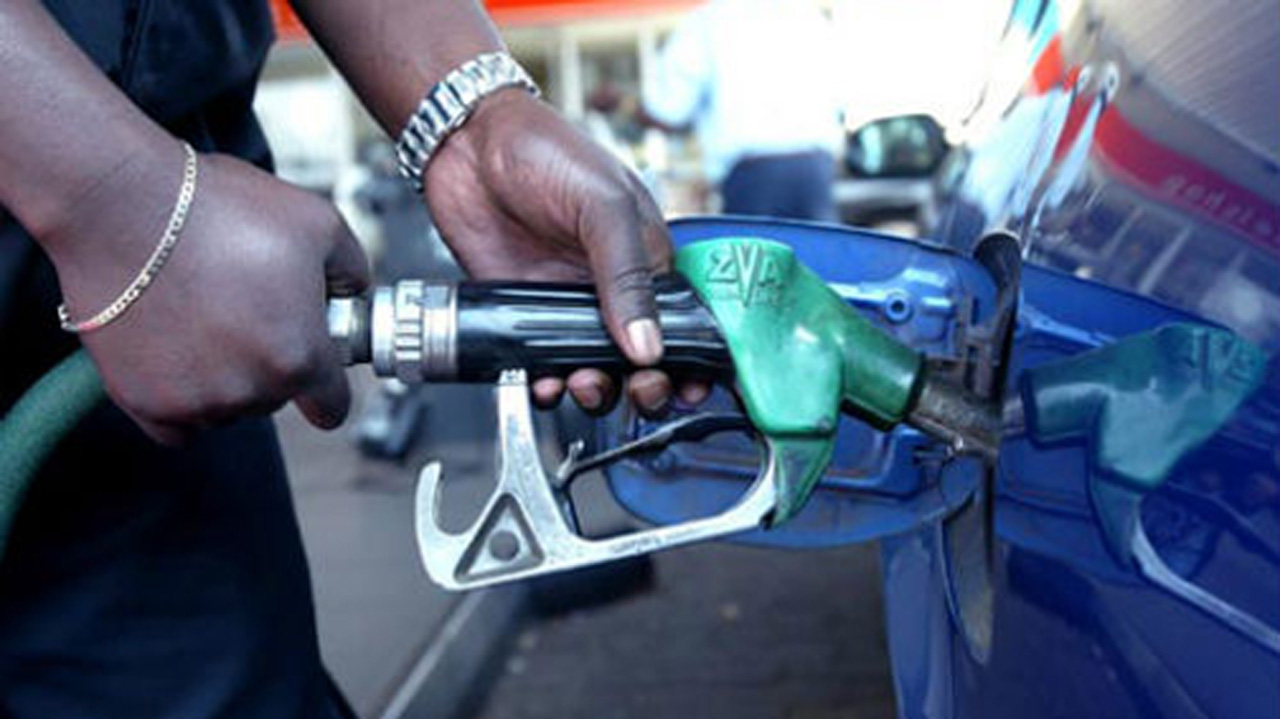Nigeria is still heavily reliant on petrol imports, spending about N3 trillion on fuel between October 1 and November 11, despite having local refineries like the operational Dangote Refinery.
Reports indicate that during this period, the country imports 1.5 million metric tonnes of Premium Motor Spirit (PMS), 414,018 metric tonnes of diesel, and 13,500 metric tonnes of aviation fuel. This amounts to over 2 billion litres of petrol, 500 million litres of diesel, and 17 million litres of jet fuel.
These continued imports raise concerns about their impact on local refining capabilities, especially given the potential of the Dangote Refinery to reduce Nigeria’s dependency on fuel imports.
NMDPRA Approves Additional Petrol Imports for December
In response to increasing demand, the Nigerian Midstream and Downstream Petroleum Regulatory Authority (NMDPRA) recently grants licenses for an additional 3.5 billion litres of petrol imports to be supplied by December. Sources within the sector express frustration, arguing that prioritizing imports over local production undermines the capabilities of refineries like Dangote’s, which reportedly have sufficient capacity to meet domestic needs.
“This approach is damaging to our economy,” an industry insider comments. “Granting more import licenses when local refineries are capable is a repeat of past mistakes that harmed other sectors like textiles.”
NNPC Clarifies Stance on Petrol Imports
The Nigerian National Petroleum Company (NNPC) clarifies its position on fuel imports following confusion over comments made by Group Chief Executive Officer Mele Kyari. Contrary to reports that NNPC plans to cease petrol imports, spokesperson Olufemi Soneye emphasizes that the company continues to import fuel to supplement domestic supply.
“The statement that NNPC has stopped importing petrol is a misunderstanding,” Soneye explains. “Our priority is to utilize local refinery outputs, but imports remain necessary to meet immediate market demand.”
Dangote Refinery Calls for Consistent Crude Supply
Aliko Dangote, President of Dangote Group, urges greater collaboration to support local refineries in meeting Nigeria’s daily petrol demand of 32 million litres. Despite having over 500 million litres of refined products in reserve and already supplying 400 million litres to the market, the Dangote Refinery faces challenges due to an insufficient crude oil supply.
“Our industry cannot thrive without a consistent supply of crude oil,” Dangote says, emphasizing the need for government support to maximize refinery capacity.
Industry insiders allege that the limited allocation of crude oil to local refineries is intentional, aiming to maintain Nigeria’s dependence on imports. “This lack of crude supply is a strategy to keep the country reliant on foreign fuel,” a source reveals.
CORAN Demands Stricter Control on Import Licenses
The Crude Oil Refinery Owners Association of Nigeria (CORAN) calls for tighter regulations on import licenses, stressing that international traders are flooding the Nigerian market with substandard fuel. Eche Idoko, Publicity Secretary of CORAN, points out that the Petroleum Industry Act (PIA) supports local refining, and the continued issuance of import licenses violates this principle.
“The government must enforce stricter measures to protect local refineries,” Idoko argues. “We should not be issuing import licenses for products we have the capacity to produce locally.”
Government Pushes for Downstream Sector Reforms
President Bola Tinubu emphasizes the need for reforms in the downstream sector, suggesting that crude oil and refined product transactions should be conducted in Naira to reduce pressure on foreign exchange. He projects that ending fuel subsidies and shifting to Naira-based crude sales could save Nigeria up to N700 billion monthly, allowing for reinvestment in critical sectors of the economy.
Finance Minister Wale Edun supports this approach, highlighting that achieving self-sufficiency in refined petroleum products is crucial for long-term economic stability and growth.
Pricing Dispute with Dangote Refinery
Despite ongoing local refining efforts, a pricing dispute between the Dangote Refinery and petroleum marketers lingers. Marketers, represented by IPMAN and PETROAN, argue that the refinery’s prices are higher than the cost of imported fuel, leading to reluctance in purchasing locally refined products. Dangote Refinery counters that its prices are competitive with international rates, offering additional discounts to attract buyers while maintaining product quality.
This dispute highlights the challenges Nigeria faces in balancing local production with imports to achieve energy self-sufficiency and economic stability.













